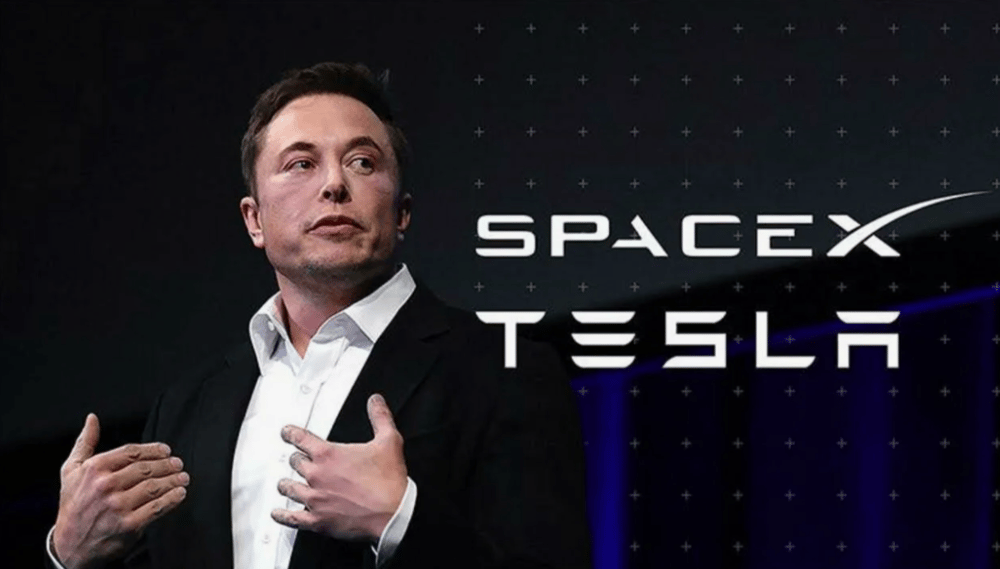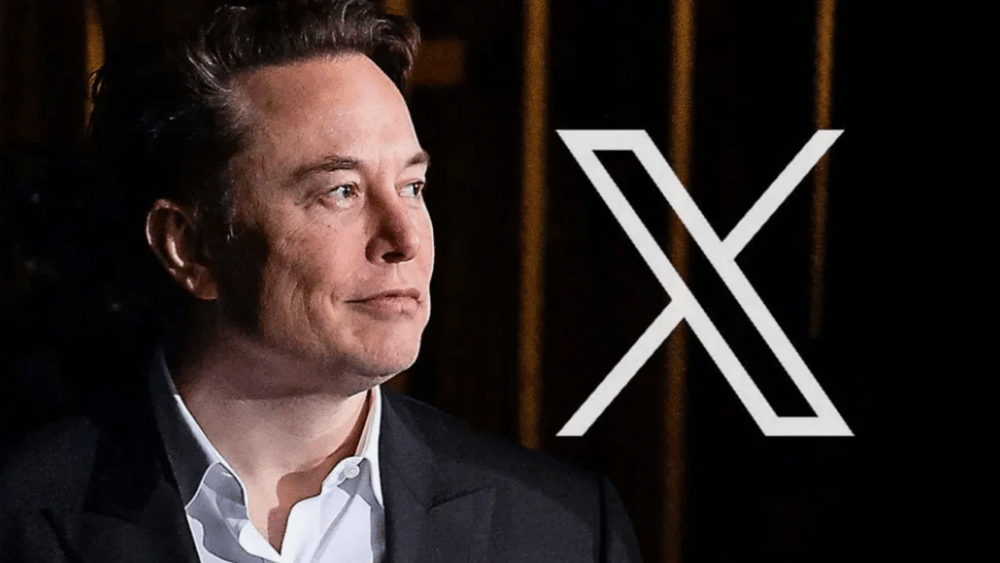Elon Musk's Public Rift with Trump Sparks Tesla Volatility and Market Uncertainty
A high-stakes political clash between billionaire entrepreneur Elon Musk and former U.S. President Donald Trump has sent ripples through both Wall Street and Silicon Valley. Musk admitted on Wednesday that he regrets several social media posts made during last week’s public feud with Trump, his one-time political ally. The fallout has already impacted Tesla Inc. $TSLA and cast doubt on future public-private collaborations under a potential second Trump administration.
The now-defunct alliance previously positioned Musk as the head of the Department of Government Efficiency (DOGE), a fiscal reform initiative created during Trump’s term. With the dissolution of this relationship, analysts are reassessing Musk’s political capital, and the potential policy headwinds for Tesla, SpaceX, and his broader business ventures.
Strategic Implications for Tesla and SpaceX: Reputational and Political Risk
The Musk–Trump split carries tangible market implications. Following the feud, Tesla experienced its sharpest intraday decline on record, before partially rebounding later in the week. The episode underscored the risks associated with high-profile executives blurring the lines between personal expression and corporate accountability.
More broadly, the tech sector is watching closely how this conflict may affect future regulatory decisions, public-private contracts, and the treatment of emerging technologies—especially those tied to federal innovation policy and aerospace funding. SpaceX, while privately held, remains deeply integrated with U.S. government agencies, including NASA and the Department of Defense. The deterioration in political alliances could prove costly in bidding processes or policy negotiations.

📌 Quick Facts:
💬 Elon Musk expressed regret over anti-Trump social media posts
💥 Public fallout ended Musk’s leadership of the DOGE initiative
📉 Tesla shares saw record single-day decline post-dispute
🚀 SpaceX’s positioning with U.S. government contracts now in question
🇺🇸 Political risk rising for U.S. tech firms with ties to federal agendas
Market Response: Investor Sentiment and Strategic Concerns
Market participants reacted swiftly. Tesla’s stock price dipped significantly amid fears of political backlash and executive instability. The SPX index absorbed the shock with only mild turbulence, but tech-focused investors are increasingly wary of reputational overhang.
While Tesla later recouped some losses, sentiment remains fragile. Analysts have flagged this as a non-financial risk event—one that could lead to stricter policy scrutiny or loss of informal influence in Washington. For investors accustomed to Musk’s unpredictable communications, this episode highlighted the limits of tolerance when politics directly interfere with corporate prospects.

🔑 Key Market Takeaways:
Tesla volatility spiked following Musk’s remarks and feud.
DOGE initiative abandoned, removing Musk from a key federal role.
Political fallout risks affecting future SpaceX–government relations.
Investor confidence shaken, prompting reevaluation of Musk risk.
Tech sector vulnerability to executive political entanglements exposed.
Fallout From Musk–Trump Rift Reverberates Across Business and Politics
Elon Musk’s public altercation with Donald Trump marks more than a personal schism—it symbolizes the delicate and increasingly visible entanglement between tech leadership, political access, and market valuation. With Musk stepping away from a high-level federal role and Tesla weathering historic volatility, the episode serves as a potent reminder that executive behavior—even outside the boardroom—can swiftly reshape investor expectations and regulatory realities.
As the U.S. approaches another election cycle, companies like Tesla and SpaceX may need to recalibrate their political strategies, especially as bipartisan support for high-tech innovation grows more conditional. Market participants, in turn, must consider non-operational risk factors—from tweets to televised disputes—when evaluating leadership-driven firms in sensitive industries.















Comments
It's eye-opening how a digital feud can turn into a real-world market shake-up.
Automation’s future is being redefined through strategic initiatives in a dynamic tech ecosystem